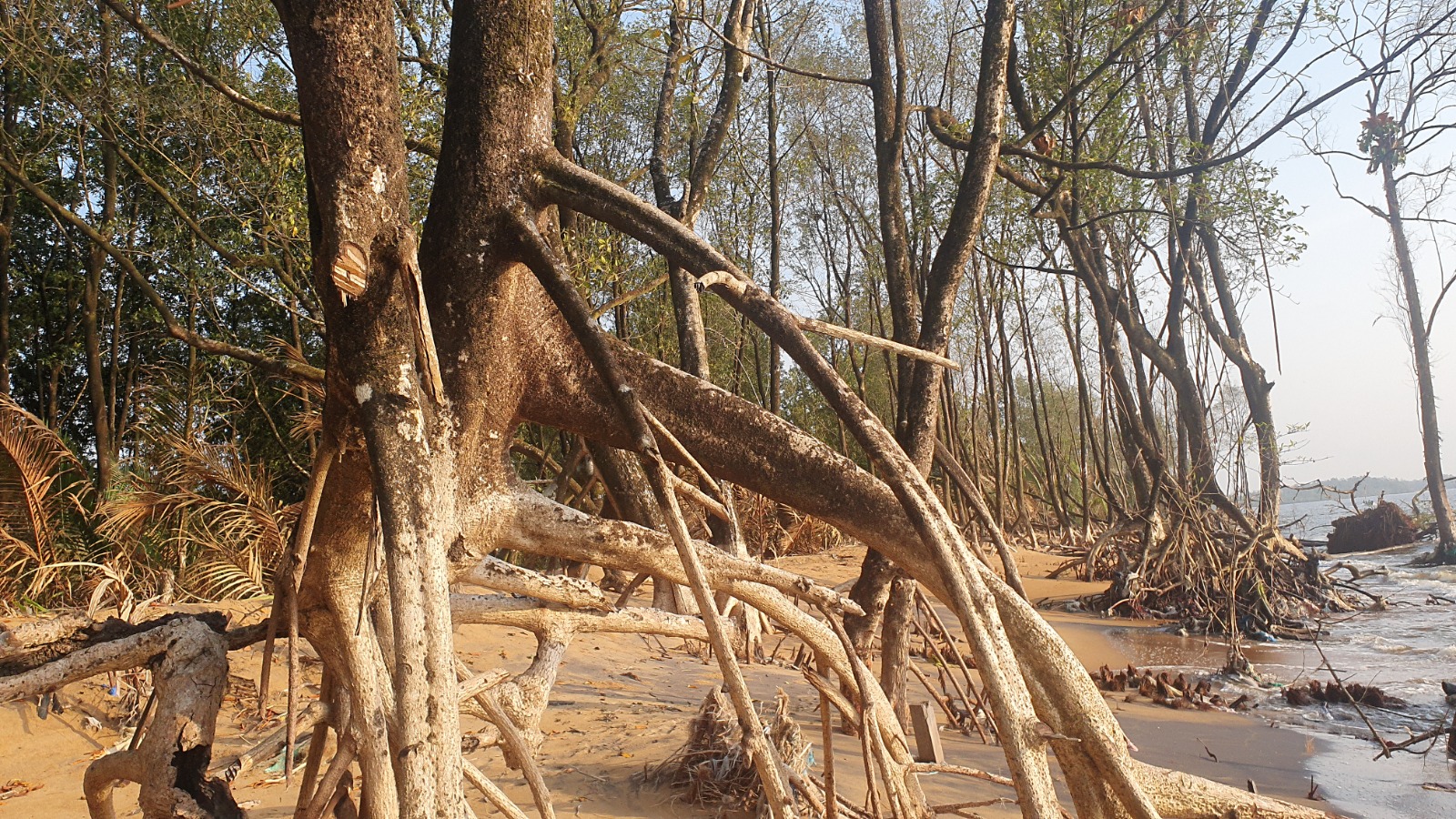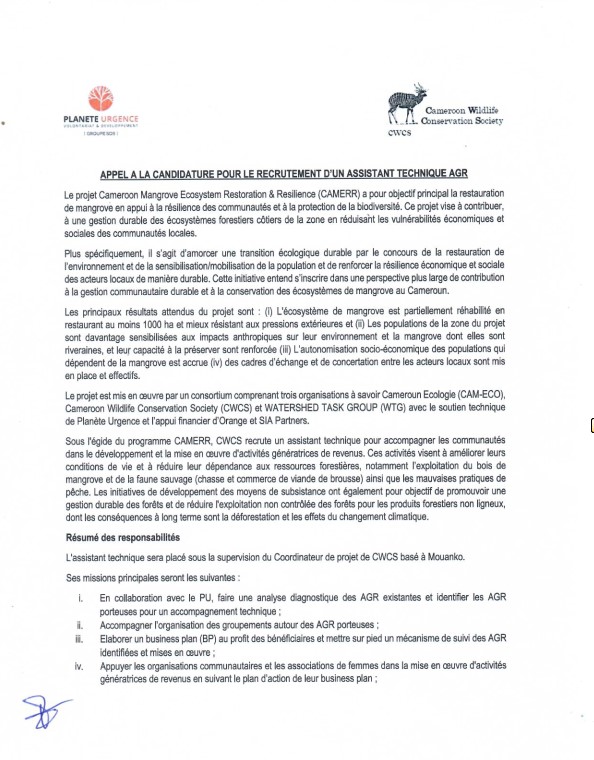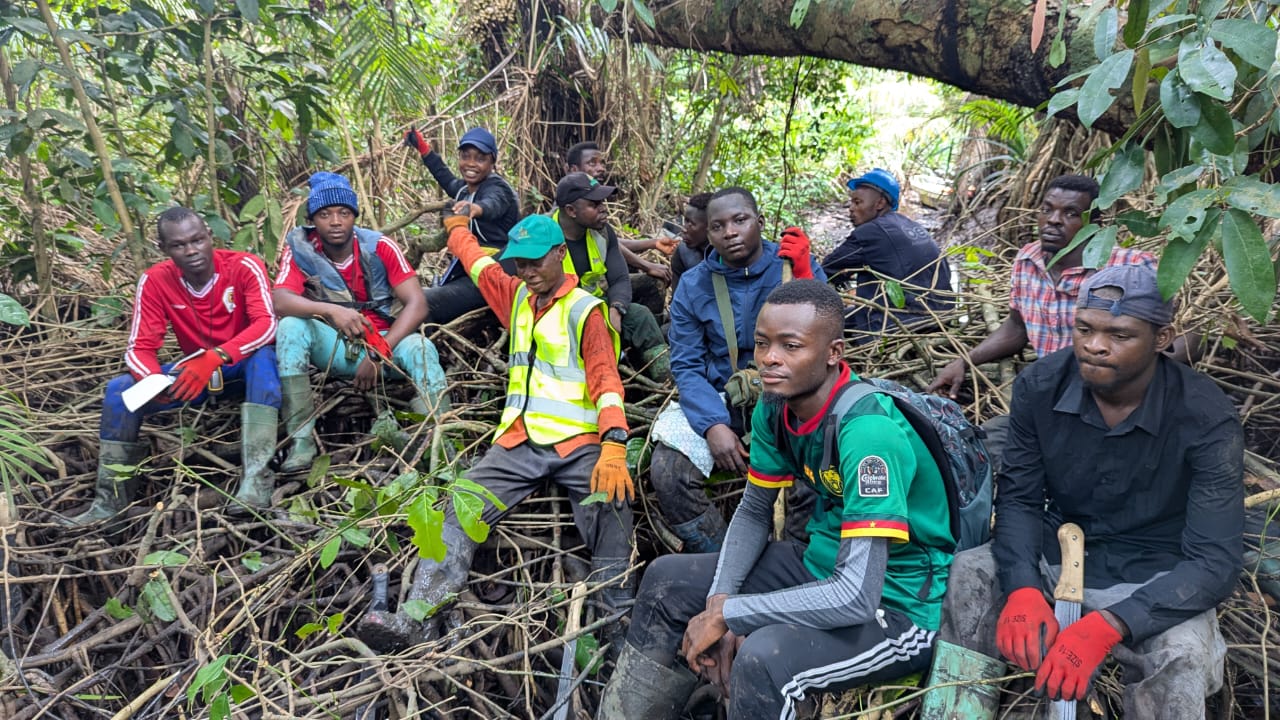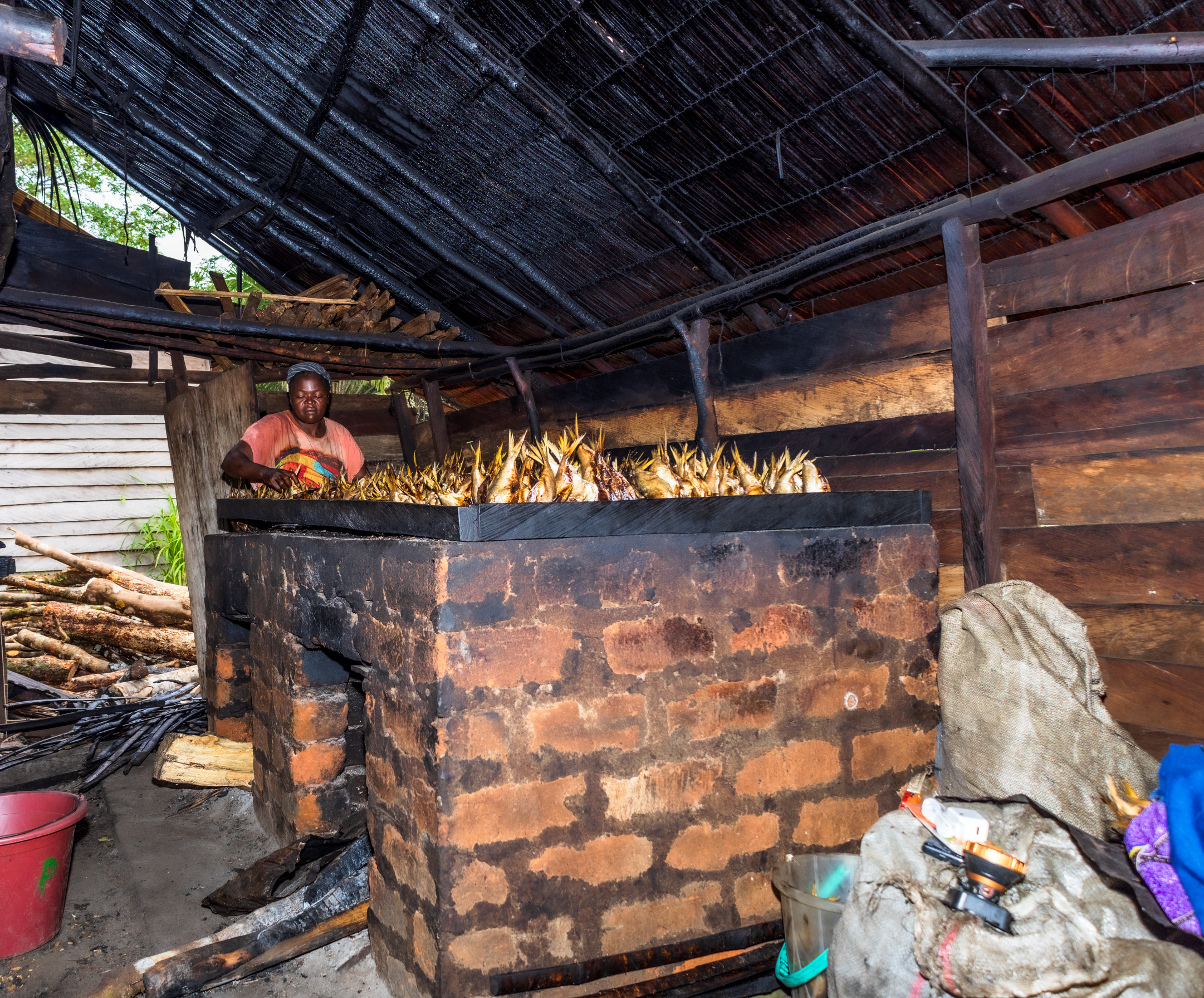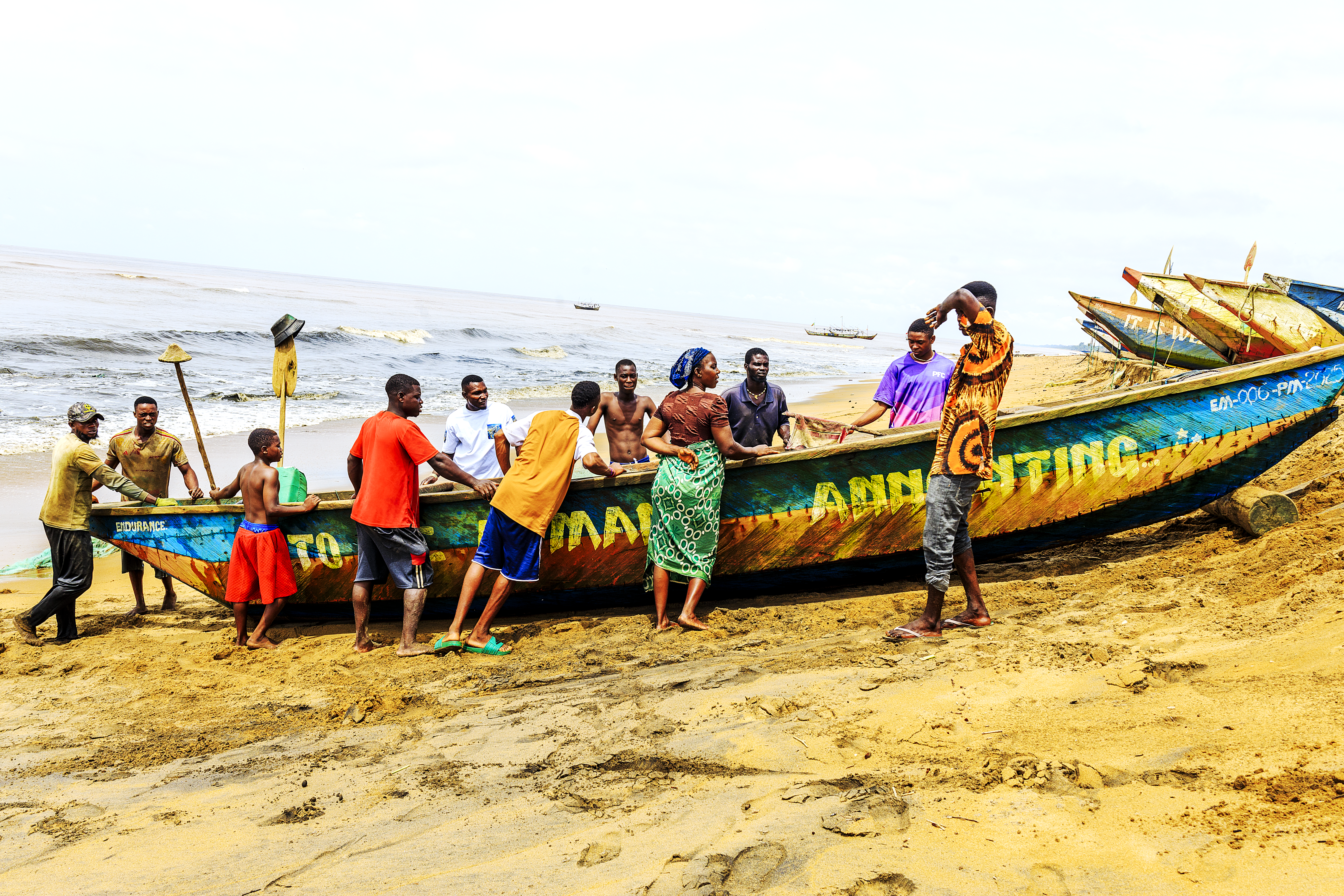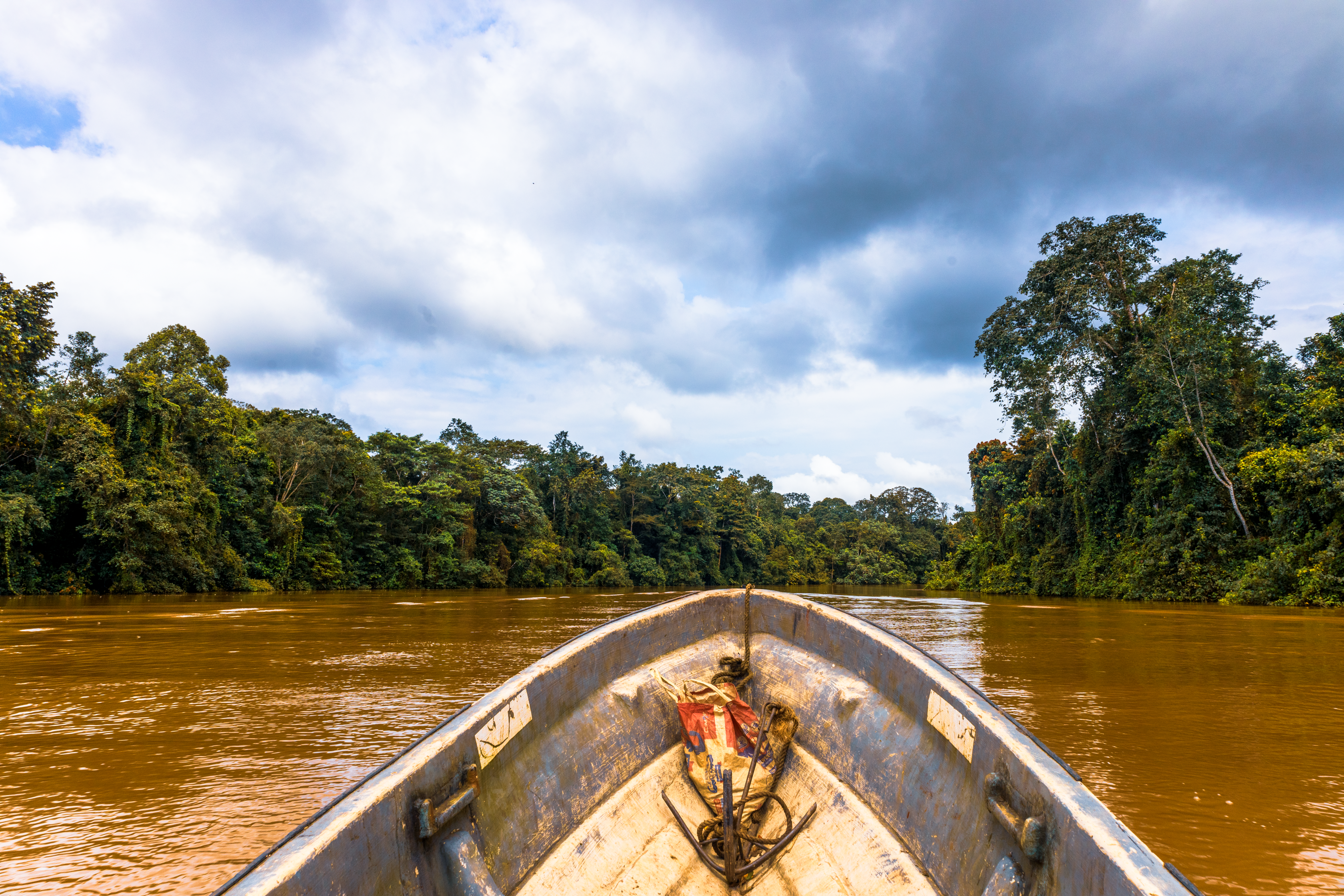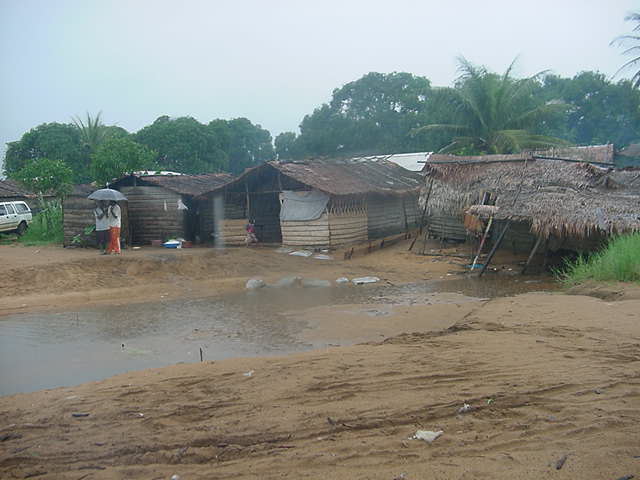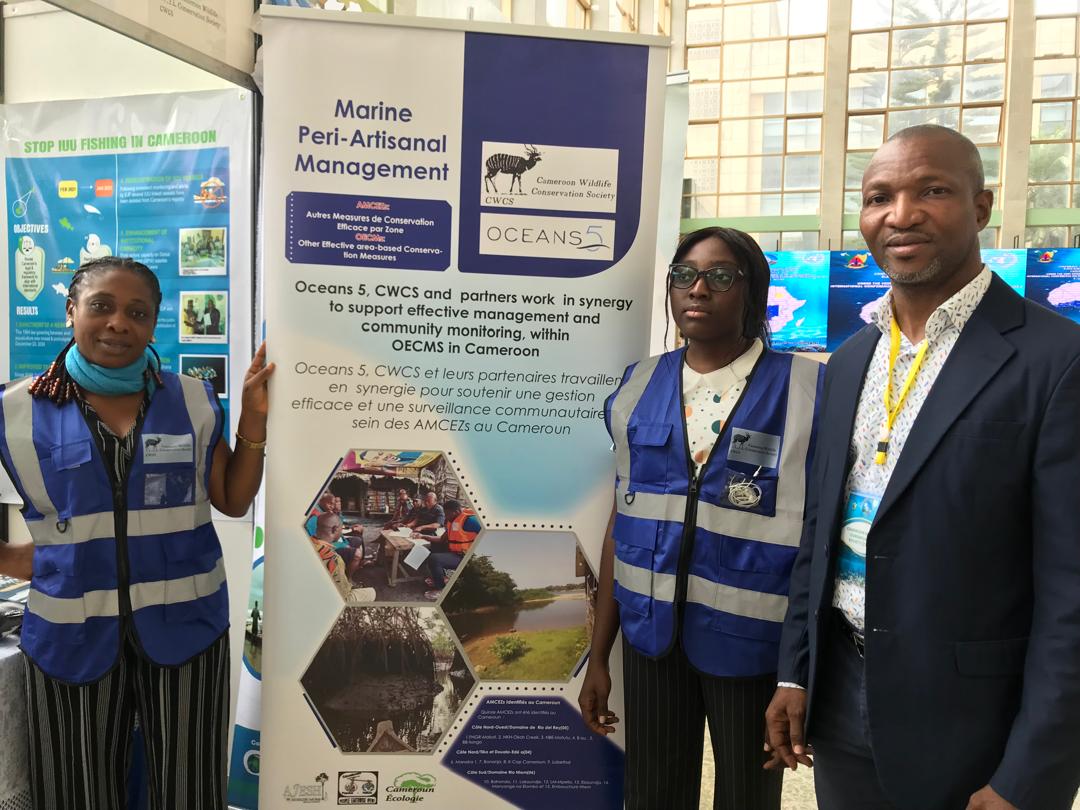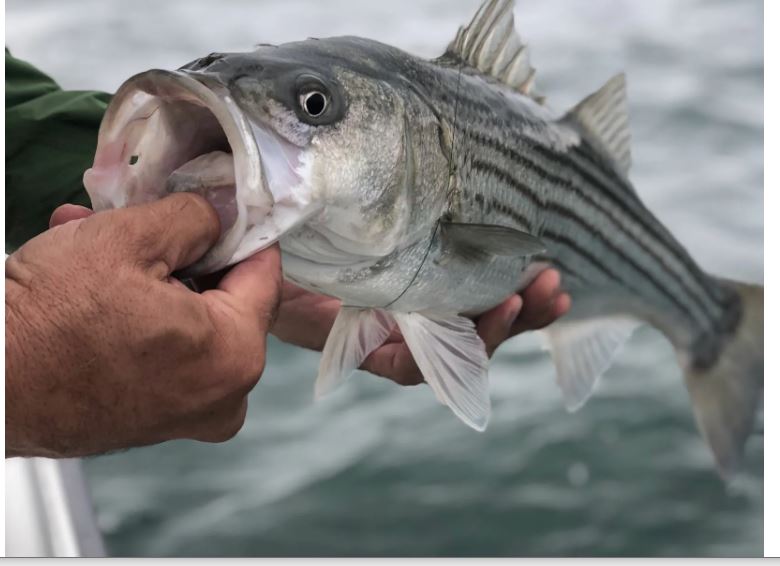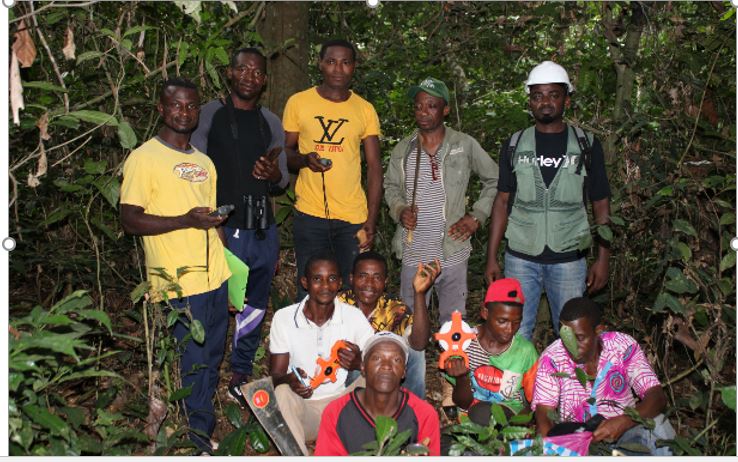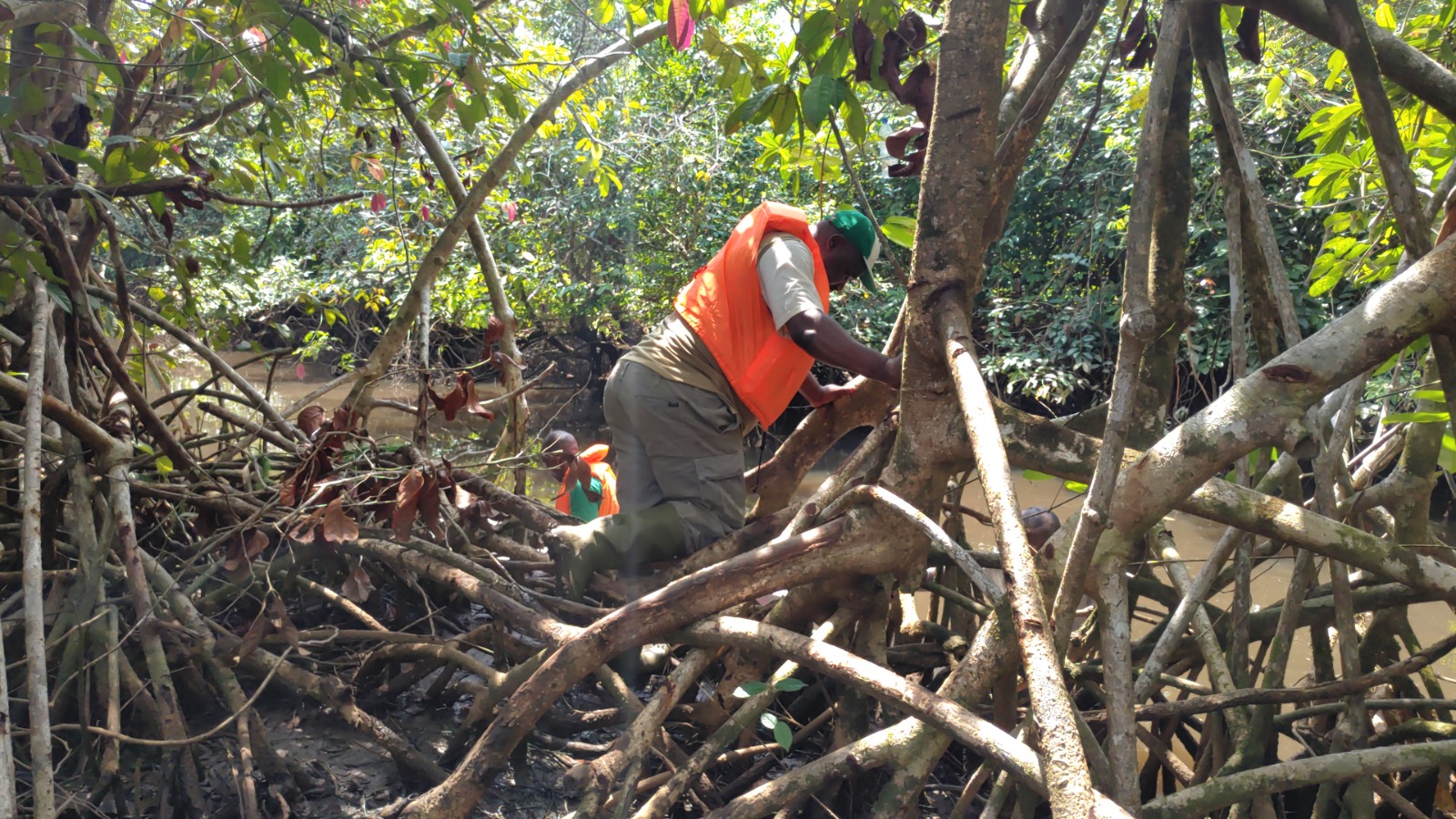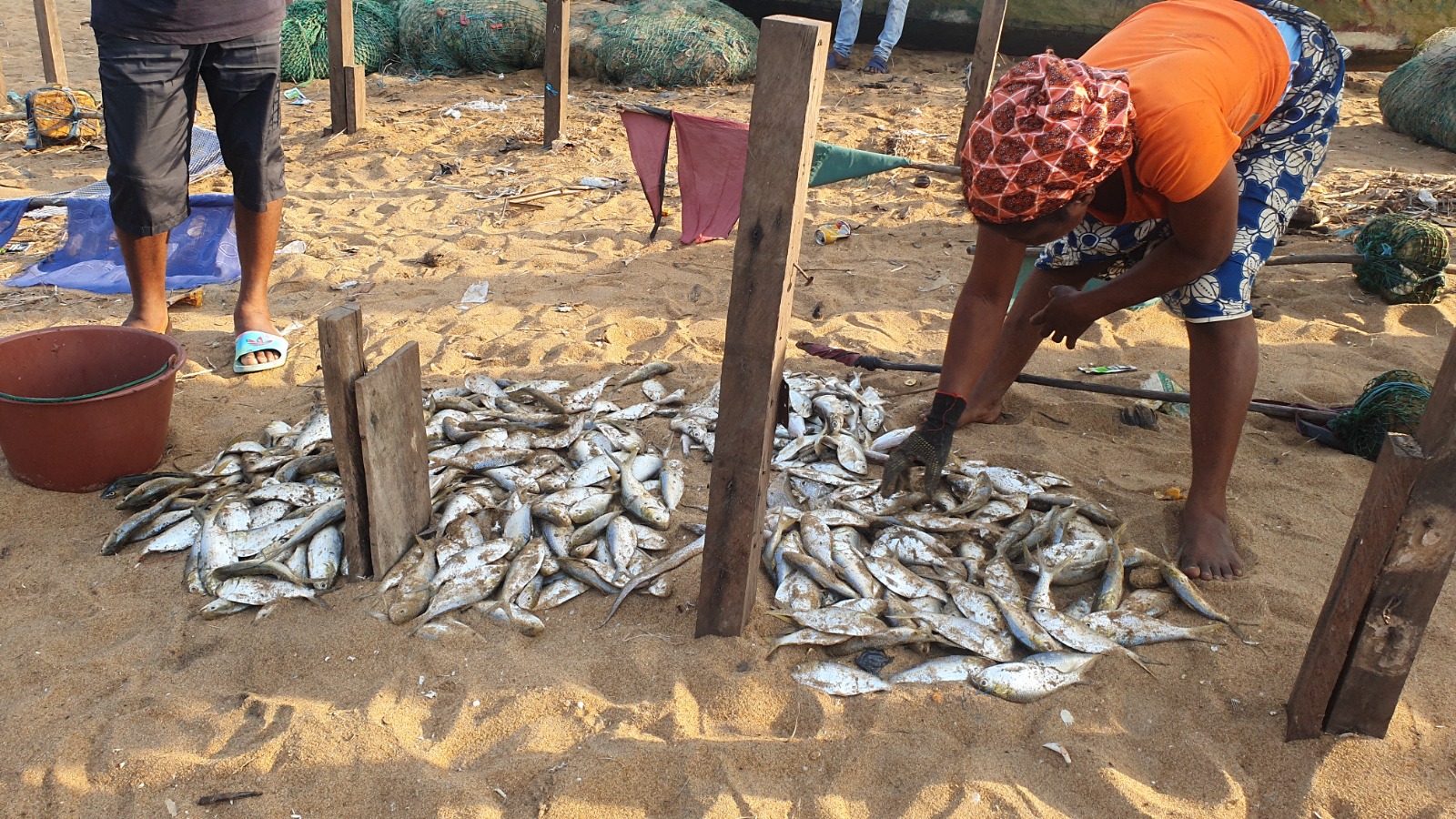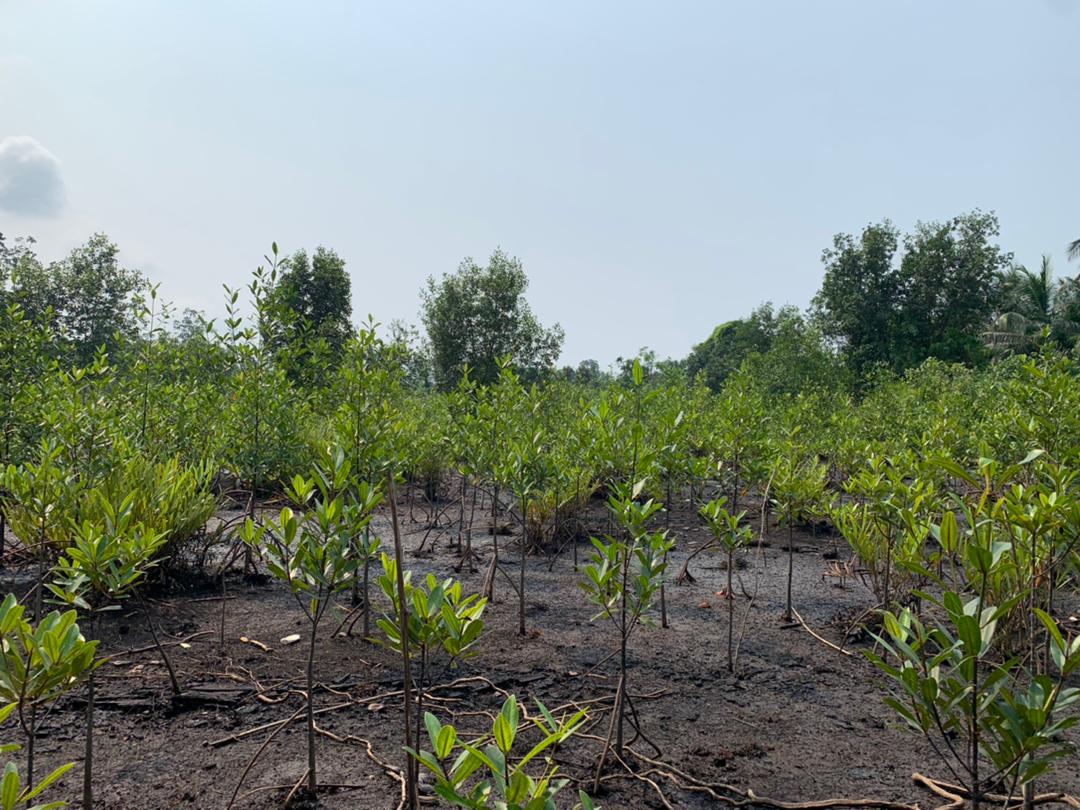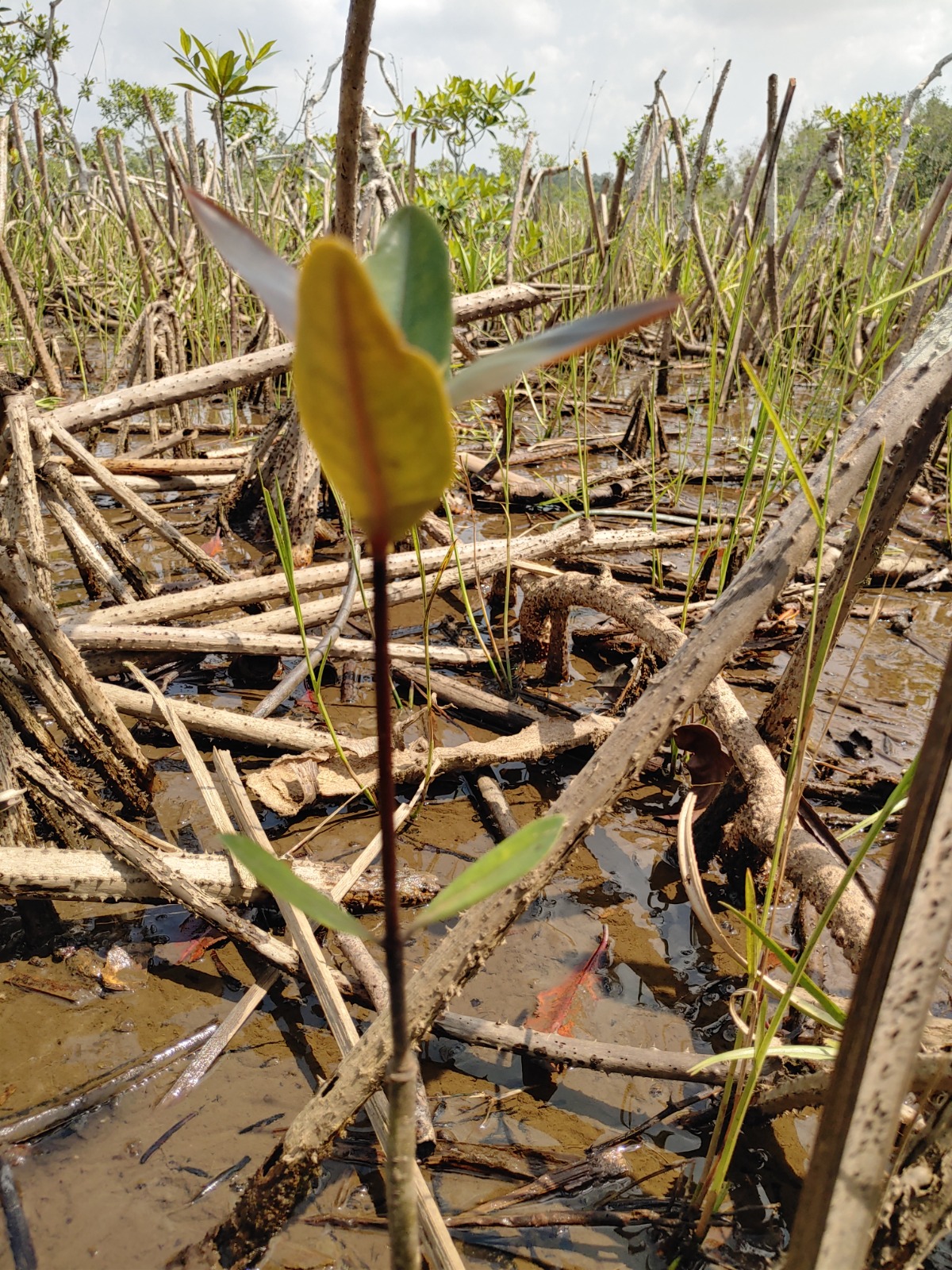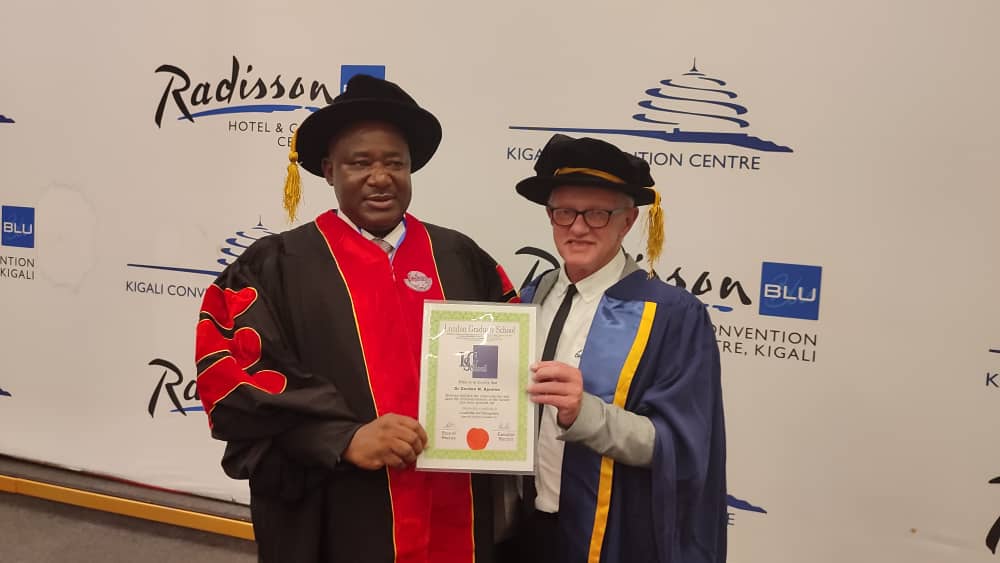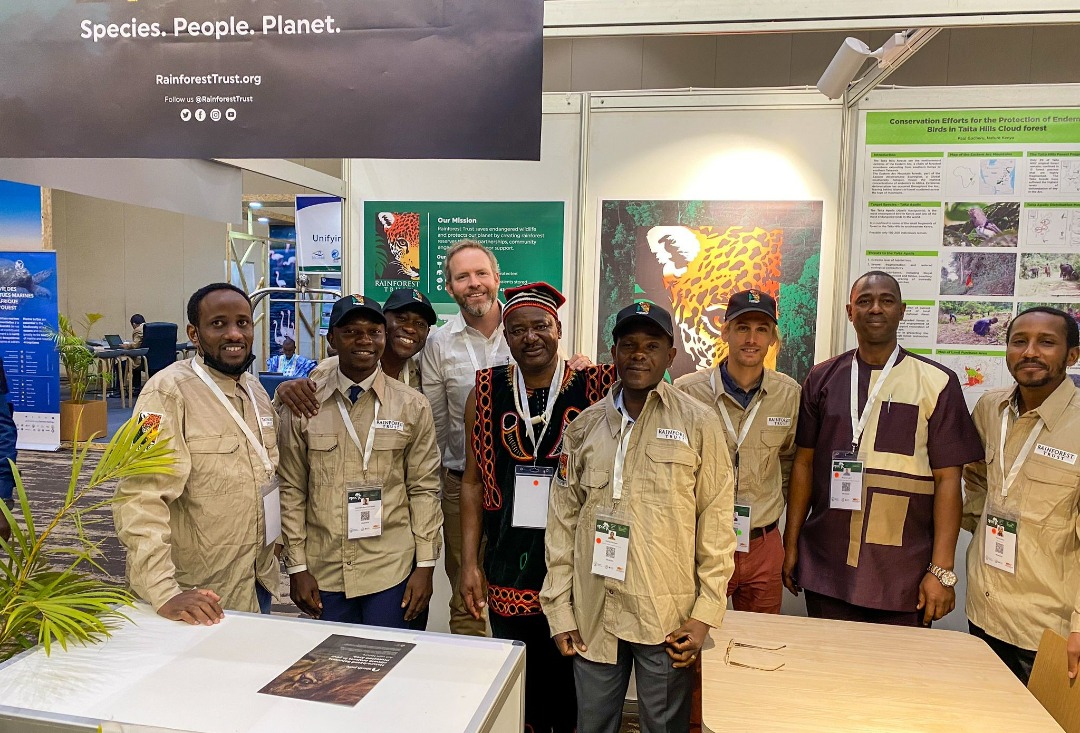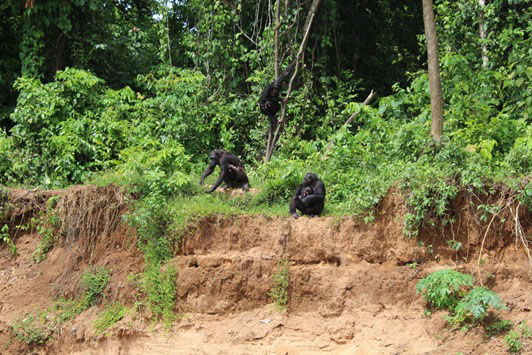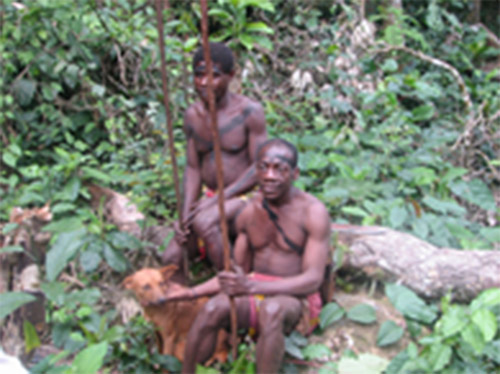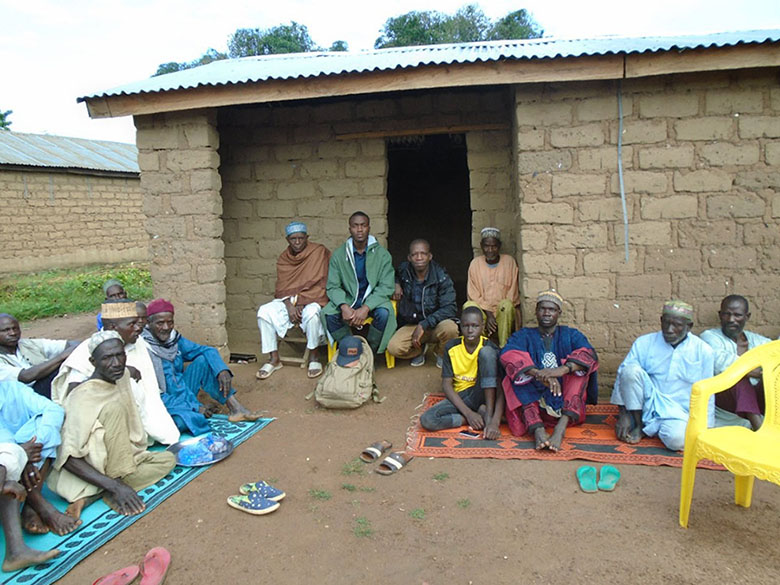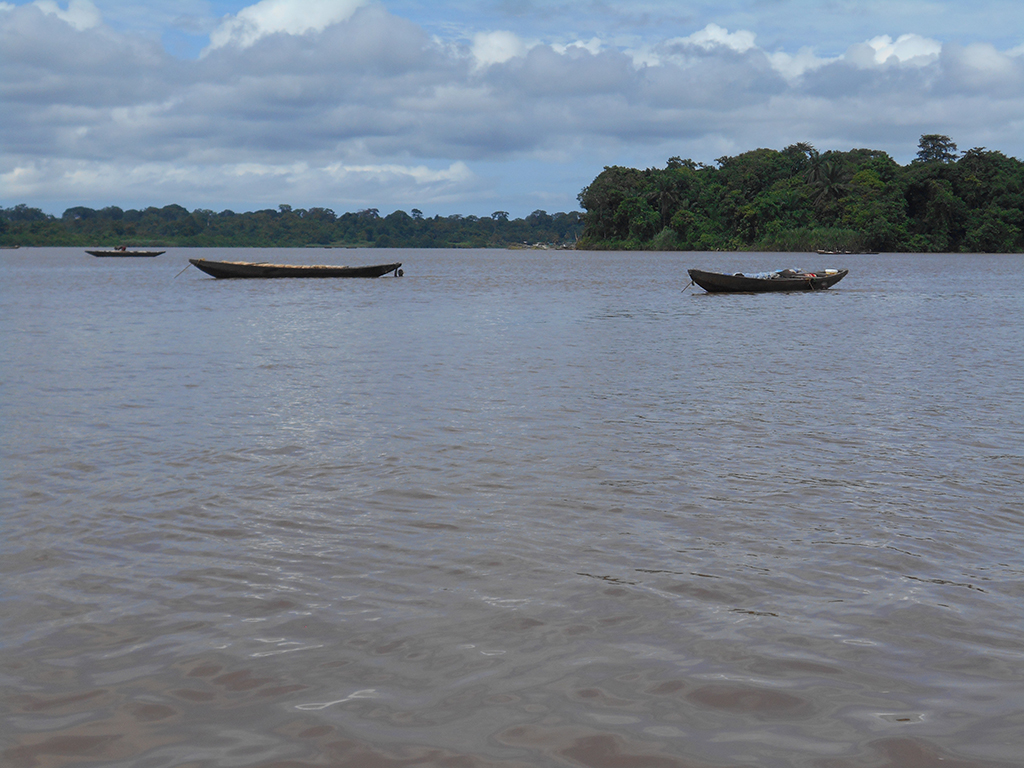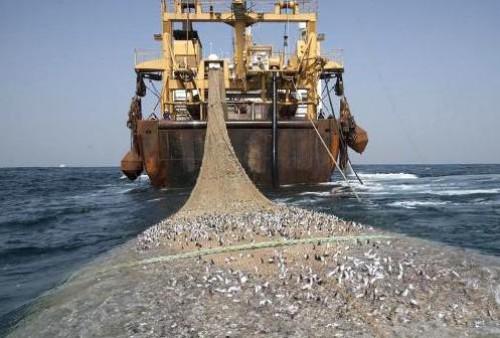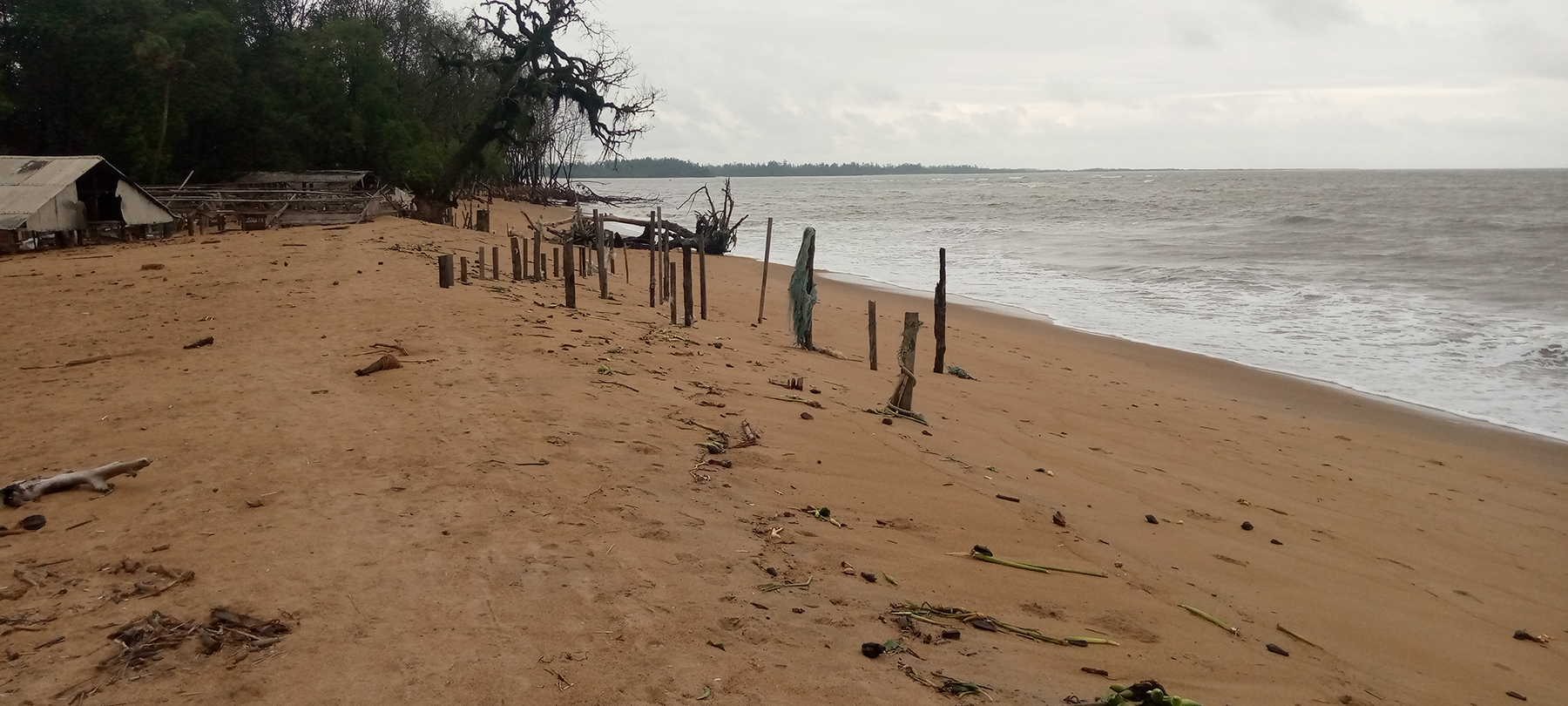During 2023, CWCS engaged government, NGOs, private sector, communities and donor partners to shape a better future for humanity and nature. This comes at a time the world dithers on bold actions needed to promote green economies through enhancing green production and consumption while minimizing wastes, pollution and greenhouse emissions. These are urgent actions needed to reduce rising global temperature responsible for climate change and to kick start implementation of the Kunming-Montreal agreement on protecting the world’s biodiversity.
In this vein, the importance of marine protected areas and other effective area-based conservation measures (OECMs) was shored up in 2023. In tandem with the Ministry of Forests and Wildlife (MINFOF), CWCS organized a workshop to develop guidelines to elaborate and implement a management plan for marine protected areas and OECMs. One of the recommendations of the workshop was to extend the geographical scope of the CWCS project “Supporting effective management and community surveillance in the Douala-Edea Marine Protected Area, and advocacy campaigns to end destructive industrial fishing in Cameroon (in Marine Protected Areas, territorial seas and beyond)”. The project, financed by Oceans 5, has been extended to other marine ecosystems, in particular the Manyangue na Elombo Marine National Park in Campo and the project to create the Ndongore National Park.
The development of the guidelines marked a major milestone and policy shift by the government of Cameroon to strengthen MPA and OECMs networks with regards to the fight against illegal, unreported and unregulated (IUU) industrial fishing around marine protected areas and OECMs.
With our support, the Mount Manenguba Herpeto-ornithological sanctuary was created in February, 2023. This is the very first protected area for endemic and endangered reptile and amphibian populations in Cameroon and the entire Central Africa region with a conservation status. The Cameroon government also appointed a pioneer conservator for the 4,696ha sanctuary on June 22, 2023.
The effort of our dynamic scientific team enabled us to make inroads into the southeast of Cameroon where, together with local communities, we conducted multiple resource inventories in Community Hunting Zones (CHZs) around Lobeke National Park, a UNESCO World Heritage Site. The objective is to obtain credible scientific data for development of management plans for CHZs.
The CWCS field team is also carrying out great apes (gorilla and chimpanzee) inventories in the 68.739-hectare Deng Deng National Park, in the East Region of Cameroon. Early results indicate relatively healthy population of great apes despite hunting pressures and other anthropogenic threats.
We sustained our traditional support for the protection of mangroves, as more than 330,000 mangrove plants have been planted in Mouanko and Dibombari in the Littoral Region of Cameroon thereby putting some 126 hectares of degraded land under restoration. Mangroves are vital ecosystems that provide numerous benefits, including acting as buffers against coastal erosion, serving as nurseries for fish and other marine life, and mitigating the impacts of climate change.
More reasons to celebrate
As the curtains of 2023 drew to a close, the Academic Council of the Commonwealth University of London Graduate School, in Kigali on November 22, conferred the honorary title of Doctor of Wildlife and Conservation Management (Honoris Causa), to CWCS coordinator, Dr. Gordon Ajonina. The talented and passionate conservationist was recognized for his invaluable contributions and achievements in nature conservation and mangrove ecosystems protection in particular.
The year 2024 is pregnant with challenges. CWCS is however prepared to continue building stronger coalitions, essential to address the problems besetting the planet and humanity. We remain grateful to our donors and partners for their unalloyed support and collaboration.
